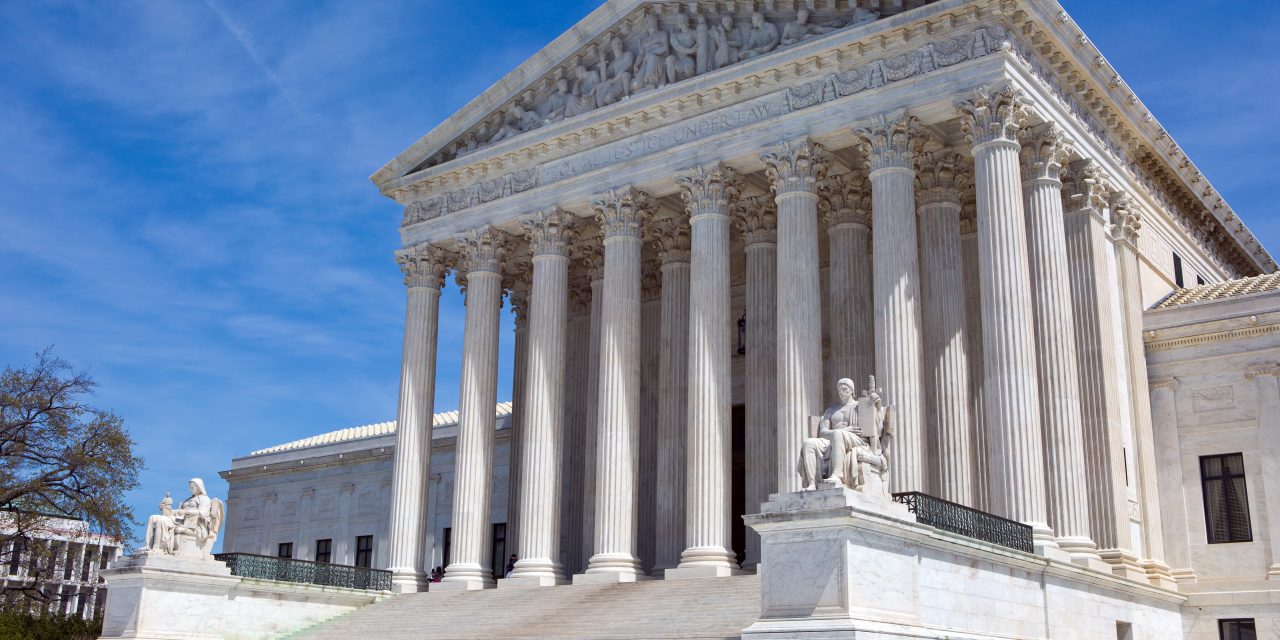The Ninth Circuit Court of Appeals issued a stinging rebuke to President Trump’s ongoing efforts to end the Deferred Action for Childhood Arrivals (DACA) initiative last week, unanimously upholding a lower court injunction which had blocked the Trump administration from ending the program.
Just three days before that hearing, the Department of Justice (DOJ) took the unusual step of asking the Supreme Court to bypass the appeals process and hear the DACA case before the Ninth Circuit issued a decision. Now that the Ninth Circuit has ruled, the Supreme Court could take up the case as early as next spring—with DACA remaining in effect until they rule.
Back in September 2017, the administration announced that it would be ending DACA, the initiative which allows undocumented immigrants brought to the United States as children to receive temporary permission to remain in the country. Multiple lawsuits challenging the termination of DACA soon followed.
In one of those challenges, a federal court in San Francisco found that the administration’s termination of DACA was “based on a flawed legal premise” and ordered the government to continue processing renewal applications. Courts in New York and the District of Columbia soon followed suit with similar orders, which remain on appeal.
The Ninth Circuit’s decision concluded the same. Though DOJ had argued the original DACA initiative was illegal and unconstitutional—supposedly giving the agency no legal ability to review or continue the program—the court found differently. The Ninth Circuit determined that it had the authority to review and reject the administration’s conclusions as to whether DACA was legal.
Noting that many previous presidents (including Eisenhower, Reagan, and H.W. Bush) had provided discretionary immigration benefits to large groups, the Ninth Circuit declared that DACA “was a permissible exercise of executive discretion.” Since the administration had offered essentially no other reason for ending DACA beyond its claim that DACA was illegal, the Ninth Circuit held that the government had improperly ended DACA.
Importantly, the Ninth Circuit was clear that the administration could have chosen to end DACA as a matter of discretion at any time—but had chosen not to, instead relying on the legal conclusion that it simply had no authority to continue the initiative. It is possible that the administration chose not to use its discretion to end DACA because in doing so it would have been forced to admit it was legal.
Although judges ruled 3-0 against the government, at least one judge on the Ninth Circuit would have gone even further. In a concurring opinion, Judge Owens declared that the plaintiffs should have been granted an injunction due to the administration’s “unconstitutional racial animus” against DACA holders. Most DACA beneficiaries are Latino, people who have borne the brunt of the president’s attacks on immigrants.
Now that the Ninth Circuit has ruled, the case is directly on path to the Supreme Court. Until the Supreme Court issues a decision, individuals who have DACA can continue to apply for DACA renewals and the government will continue to process them. If the Supreme Court accepts the case, it is likely that a decision would come at the end of the term in June. Until then, the initiative remains in place.
FILED UNDER: Department of Justice, Donald Trump, featured, Ninth Circuit, Supreme Court


